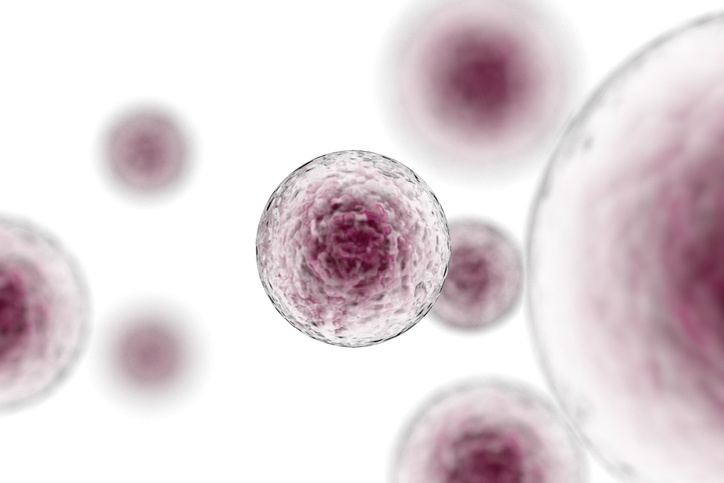
What role does immunotherapy play in Cancer?
The fashionable medical word is immunotherapy especially after the Nobel Prize for medicine was awarded to two scientists, Dr James Allison from the United States and Dr Tasuku Honjo from Japan, who have been working on immunotherapy to fight cancer for many years and they have obtained successful results, after different stages of experimenting on animals and humans.
But what is immunotherapy?
It is defined as being a group of treatments administered to boost or restore the immune system against infections, allergies, cancer or other pathologies and in turn, reduce the side effects of very aggressive cancer or autoimmune disease treatment, among others. These therapeutic strategies include monoclonal antibodies, vaccines, growth factors and other molecules such as the cytokines or chemokines and within these, the interferon.
Today’s immunotherapy is the result of long and intense research work, which started in 1980, with the injection of the bacteria Streptococcus pyogenes in a tumour to decrease the proliferation of tumour cells. Immunotherapy was not spoken about until the 90s with the studies of Dr Rosembeg on more than 1000 patients, who were administered different types of immunotherapy, which managed to obtain low levels of partial or complete remission of the tumour. More recently and as it is now known that the T lymphocytes are mainly responsible for the anti-tumour responses, many strategies have been developed through the direct transfer of these genetically modified cells, monoclonal antibodies are used that enhance its effect, and gene therapy that is aimed at making the tumour cells express different types of cytokines, which stimulate the attack on cancer cells and boost the immune defence mechanism is also becoming more popular.
Immunotherapy is used by the winners of the Nobel Prize for what is called the inhibition of negative immune regulation, using monoclonal antibodies that compete against the PD1 and CTL-4 proteins that are on the surface of the T lymphocytes and control the immune response of these cells to attack the tumour. In other words, they function as a brake on the immune system, and as it is inhibited the response of the lymphocytes against the cancer cells is stimulated.
Immunotherapy also includes the use of vaccines that contain the gene material of the tumour or the infectious agent that activates the defence mechanisms, the desensitization therapies in the treatment of the allergies using substances that contain diluted allergen molecules, along with the treatment used to suppress the exaggerated immune response. This is the case of immunosuppression with corticosteroids or the histamine response with antihistamines.
At the SHA Wellness Clinic we think that it is also important to work with the most patient-friendly therapies, which insofar as possible have no side-effects on the patient. That is why other types of immunotherapy that are associated with the basic principles, and which have proved to be effective the preventive treatment of diseases should also be taken into account. The appropriate nutrition without any preservatives or excessive amounts of animal proteins is essential, because it has been demonstrated that not only are they carcinogenic but also pro-inflammatory and cause arthritis, asthma and allergies.
Moreover the use of natural products and phytotherapy has proved to be effective in boosting the immune system such as enzymes (Papain,), echinacea etc.
Finally, but just as important, is micro-immunotherapy, which has been developed in Spain in particular for years. It consists in using highly diluted compounds to obtain physiological or homeopathic doses of immunological molecules such as interleukins, nucleic acids of tumour agents (papilloma, melanoma, lymphoma etc.) and infectious agents (virus, bacteria, parasites) that in general result in a immunomodulation that ultimately is what immunotherapy aims at.





